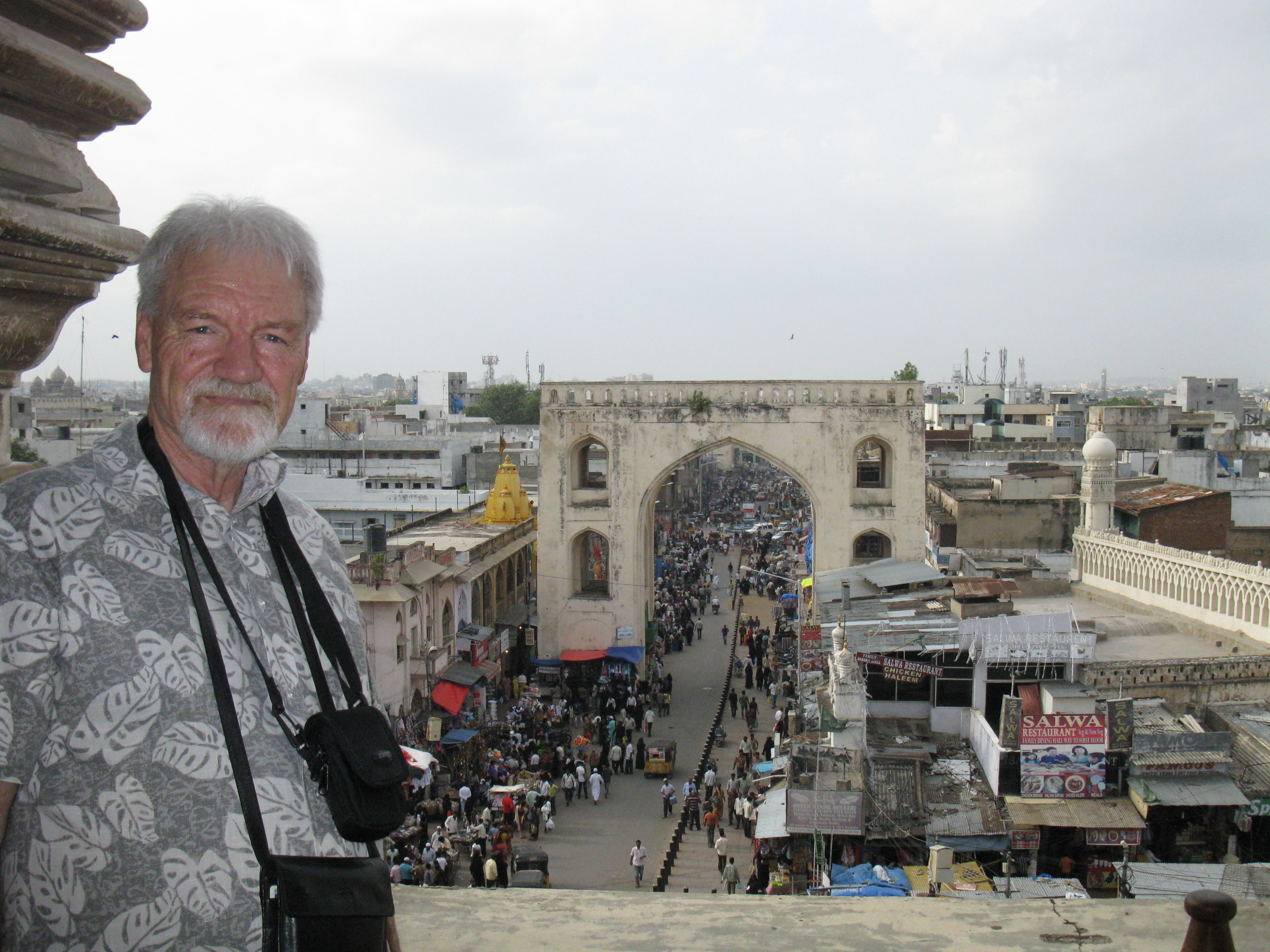
Pacific Media Centre director Associate Professor David Robie was among a small team of Pacific media academics that contributed research papers and presentations at the recent AMIC "OpportunIties of Globalisation, New Media and rise of Asia" conference in Hyderabad, India, last month.
Taking part at the 20th Asian Media, Information and Technology Centre (AMIC) conference were Associate Professor Martin Hadlow of Australia; Joys Eggins of Papua New Guinea; and Associate Professor David Robie and Munawwar Naqvi of New Zealand. Café Pacific reports:
Hadlow, of the University of Queensland, awas the Pacific’s representative at the UNESCO World Freedom Day event in New York in May, following his valiant efforts at getting last year’s UNESCO event staged in Brisbane last year, provided a global overview of development communication with a focus on the Pacific.
He described how the Pacific, while being relatively underdeveloped in ICTs, had actually stolen a march over many developing countries with an innovative and rapid take up of mobile phones.
He also talked about the region’s “heritage media” and radio was “still very much king” in the Pacific. He outlined the success of some new players like New Dawn FM in Bougainville, last year’s winners of a global communication and social change award sponsored by UOQ.
Papua New Guinea’s Joys Eggins, daughter of leading former EM TV journalist John Eggins and now doing her master’s degree at the University of Goroka, spoke about the Komunity Tok Piksa community video project in the Highlands. She outlined its success in producing visual messages on HIV/AIDS with local communities – “the dilemmas of collaboration, consent and ownership”.
Associate professor David Robie, director of the Pacific Media Centre, outlined contrasting media campus-based media models with case studies of both Wansolwara at the University of the South Pacific that now publishes this newspaper in partnership with the Fiji Sun, and Pacific Scoop, a partnership between AUT University and New Zealand’s largest independent digital news media group Scoop Media Ltd. The paper assessed their “publishing profiles and contrasts their independent brands focused on education, environmental issues – particularly climate change and deforestation – human rights, resource development, social justice, culture and language with mainstream media”.
Unitec’s Munawwar Naqvi’s paper presented a critical perspective on communication with communities within development efforts at the grassroots level in central India. Two models, selective interaction and new involvement, were developed from the data collected from semi-structured interviews of different types of non-governmental development organisations.
Next year’s AMIC conference will be in Malaysia and organisers already have the Malaysian Tourism Board lined up as one of the key sponsors.



